Transcripts
Our goal on Patreon is to reach 2500 patrons—at which point we can afford to have regular transcripts available for all main feed episodes. For now, transcripts are available for select episodes, and we are slowly working on catching up on the back catalogue and reducing the amount of time it takes for us to finish a transcript and post it.
At the moment our capacity to offer transcripts of Death Panel is limited. This is due to Beatrice’s disability, and the conflicting access needs that exist with regard to editing/correcting transcripts and her low vision/blindness. The labor of producing transcripts is usually poorly compensated and historically is often done by disabled people due to the flexibility and availability of working on transcription from home. We are committed to making the show accessible and paying our transcript makers a fair wage.
If you would like to help us reach our goal, then please become a patron and support our work to make the show more accessible.
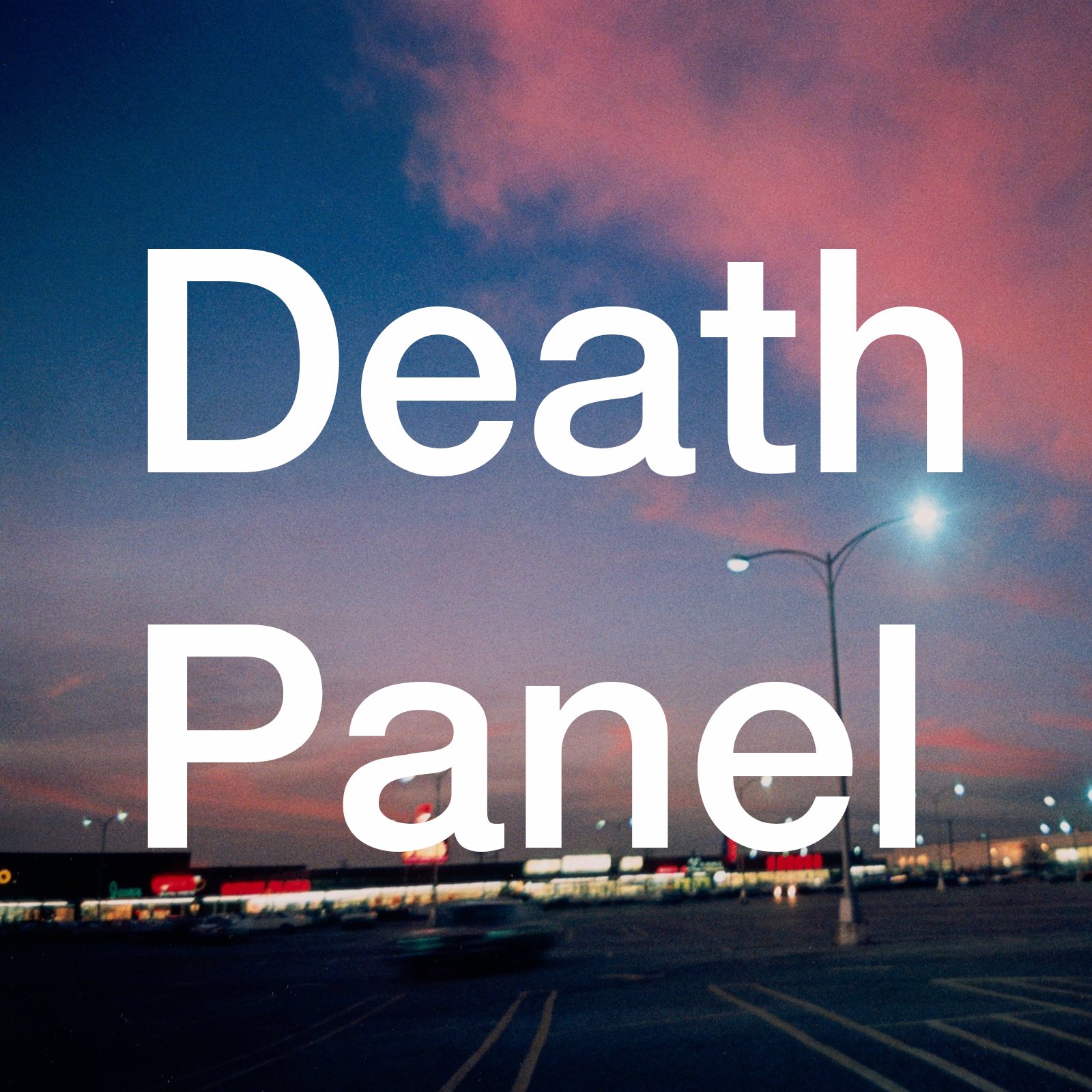
Disabled Ecologies w/ Sunaura Taylor (07/08/24)
Death Panel podcast host Beatrice Adler-Bolton speaks with Sunaura Taylor about how industrial pollution and systemic abandonment produce networks of disability among people, animals, and what she calls “injured landscapes;” how one community in Arizona organized against longstanding environmental pollution from arms manufacturing; and her new book, Disabled Ecologies: Lessons from a Wounded Desert.
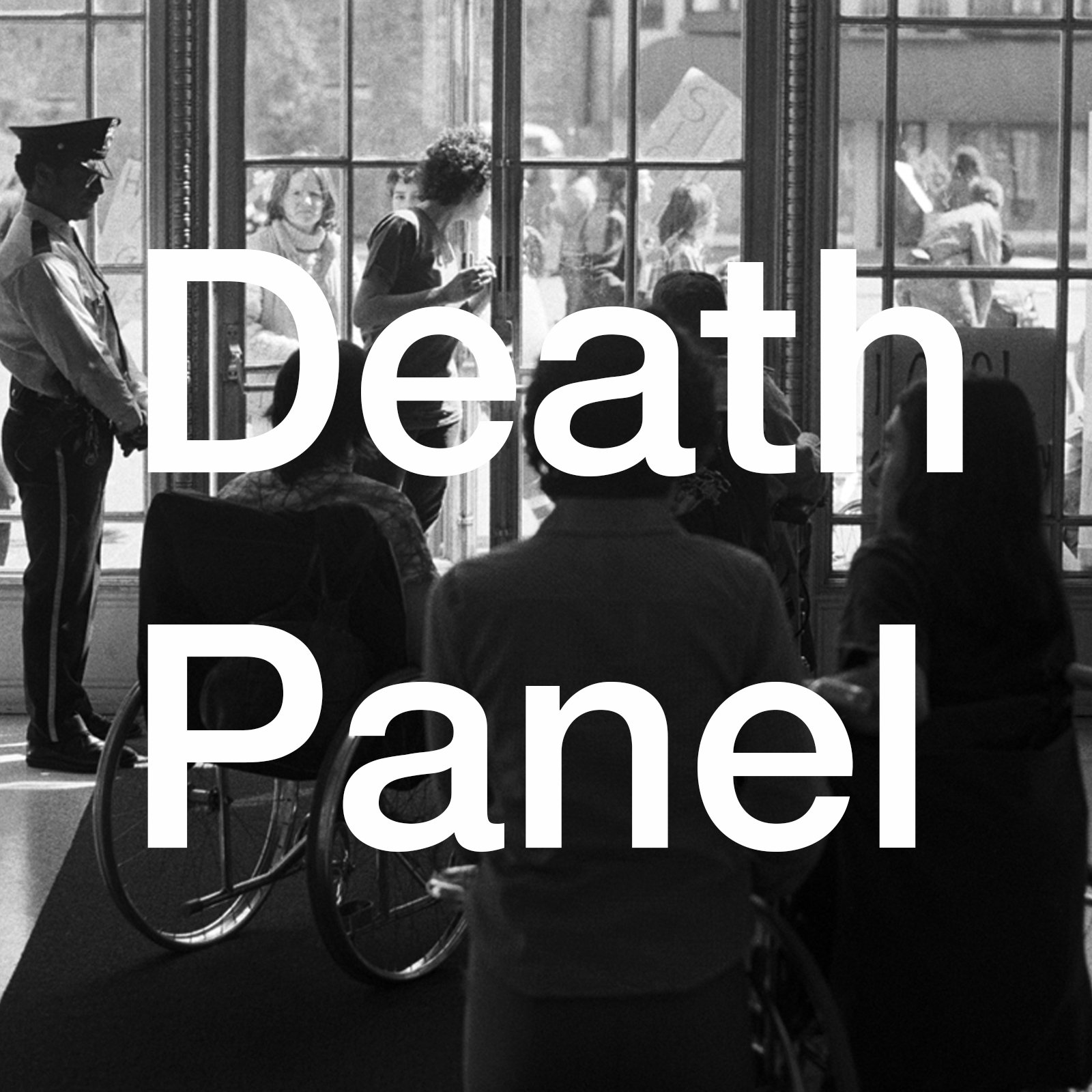
A Death Panel History of 504 (Parts I & II)
Death Panel podcast hosts Beatrice Adler-Bolton, Artie Vierkant and Phil Rocco tell (one version of) the story of Section 504, a landmark piece of civil rights legislation for disabled people in the US. In Part One, we look at the politics leading up to the 504 sit-in and how the implementation of Section 504 very nearly didn't happen because of concerns that it would be "too expensive." In Part Two, our story continues with a look at the sit-in action itself—the longest occupation of a federal government building in US history—and the key role played by the Oakland Black Panthers and other groups in assuring the occupation's success.
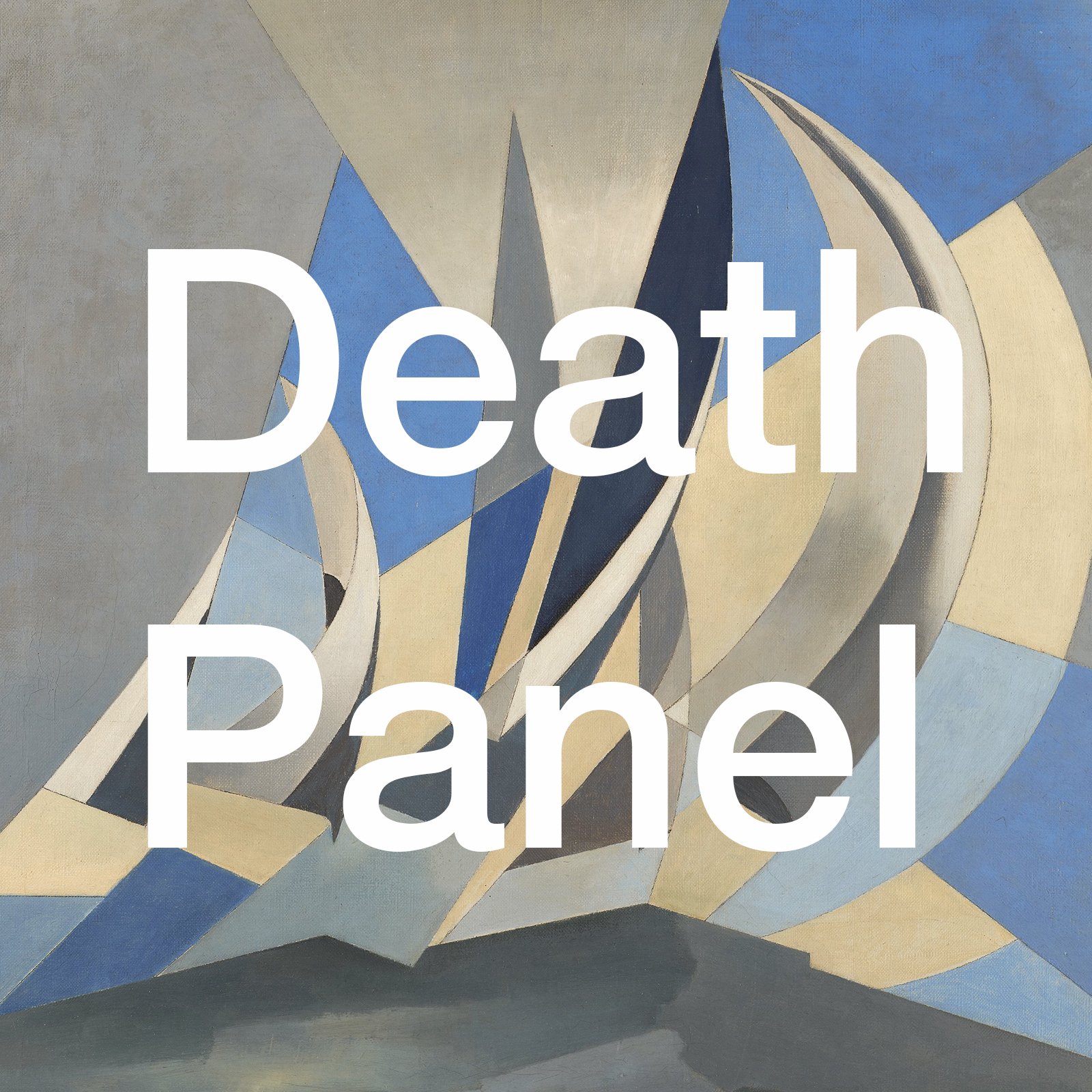
“No Use to the State” w/ Micah Khater (04/22/24)
Death Panel podcast hosts Beatrice Adler-Bolton speaks with Micah Khater about the intersection of race, disability, and incarceration in the southern US in the early 20th century, and her work documenting the history of how Black women experienced and theorized disability from within Alabama prisons.

Massification, Debility, and 40 Years of Crisis in Bhopal w/ Jiya Pandya (05/16/24)
Death Panel podcast hosts Beatrice Adler-Bolton and Jules Gill-Peterson speak with historian Jiya Pandya about how the Bhopal gas leak—often described as the worst industrial disaster in living memory—continues to be an unchecked crisis 40 years later, what it teaches us about how to respond to more recent crises, and how organizers here in the US can get in touch with Bhopal survivor activists who will be coming to the US later this fall.
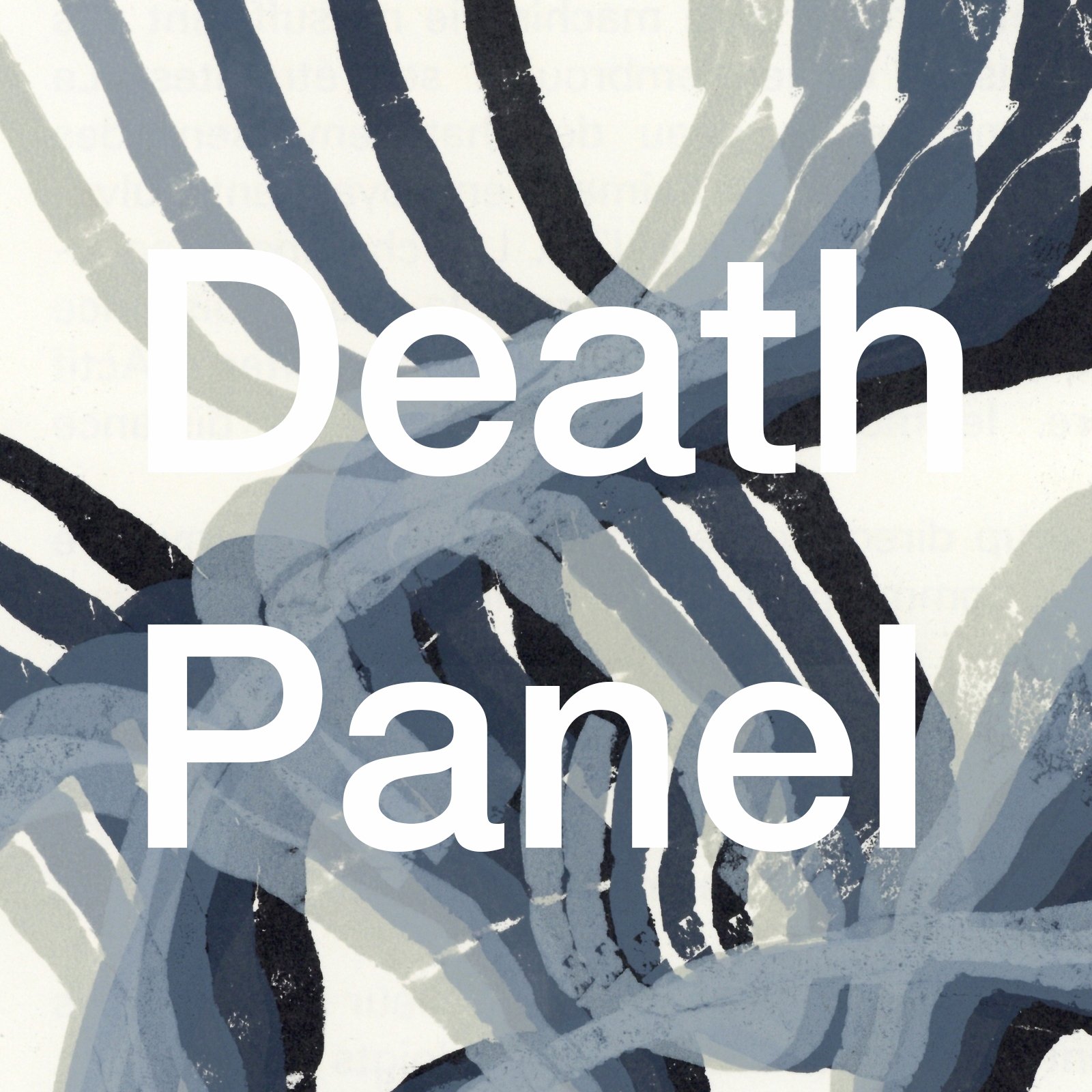
Refusing to Forget w/ Vicky Osterweil (03/21/24)
Death Panel podcast host Beatrice Adler-Bolton speaks with Vicky Osterweil about the events we’re encouraged to forget, repress, and reinterpret in order to abet genocide, carcerality, or abandonment to a pandemic, and the power of refusing to forget.

"The Wheelchair-to-Warfare Pipeline" w/ Liz Jackson and Rua Williams (04/11/24)
Death Panel podcast host Beatrice Adler-Bolton speaks with Liz Jackson and Rua Williams about the history and ongoing practice of design objects ostensibly created for accessibility being repurposed into tools of war.
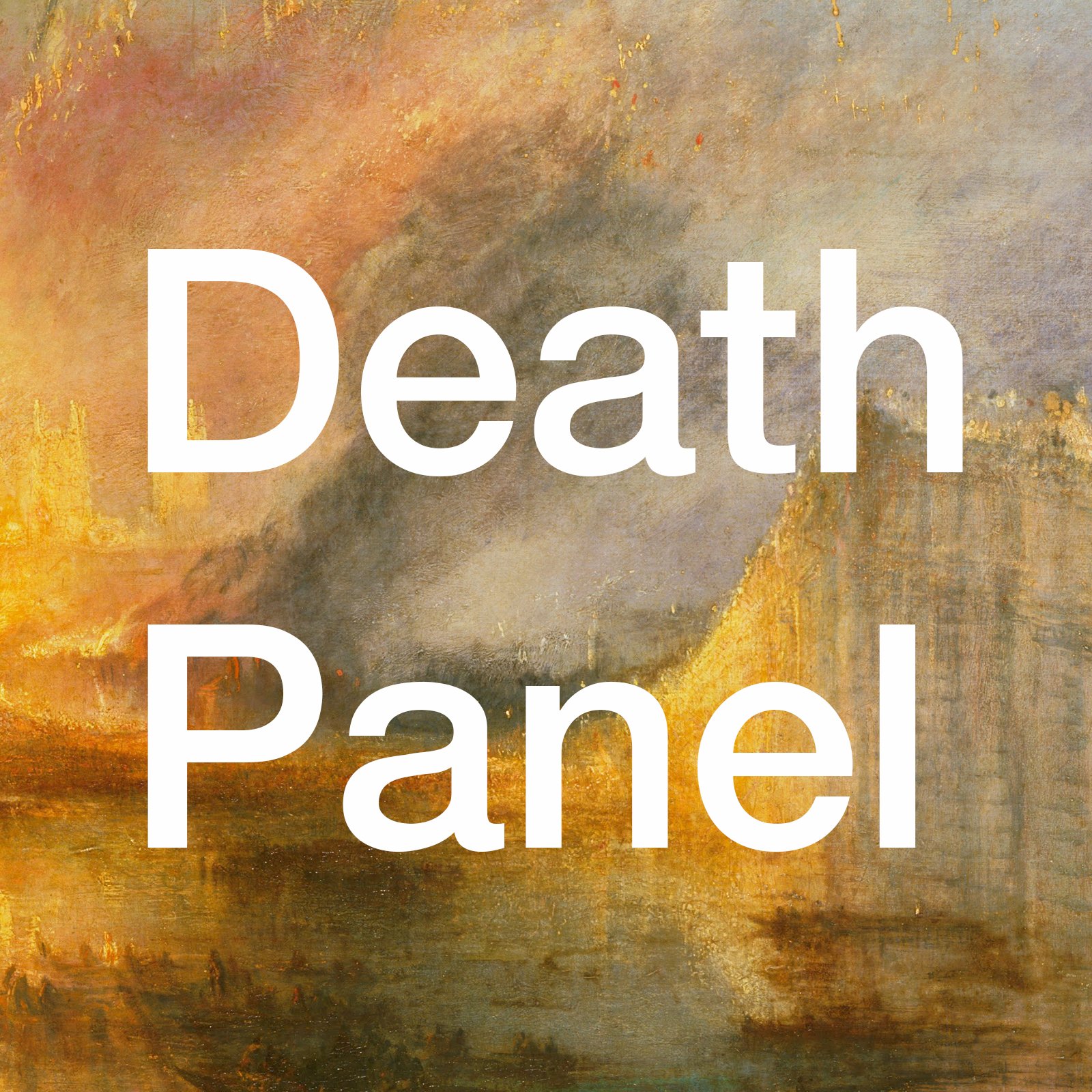
Legitimate Protest and the Construction of "Reason" w/ Stefanie Lyn Kaufman-Mthimkhulu (02/29/24)
Death Panel podcast host Beatrice Adler-Bolton speaks with Stefanie Lyn Kaufman-Mthimkhulu about attempts to dismiss Aaron Bushnell’s self immolation as mental illness, and why settler colonialism relies so heavily on drawing lines between madness and “reason.”
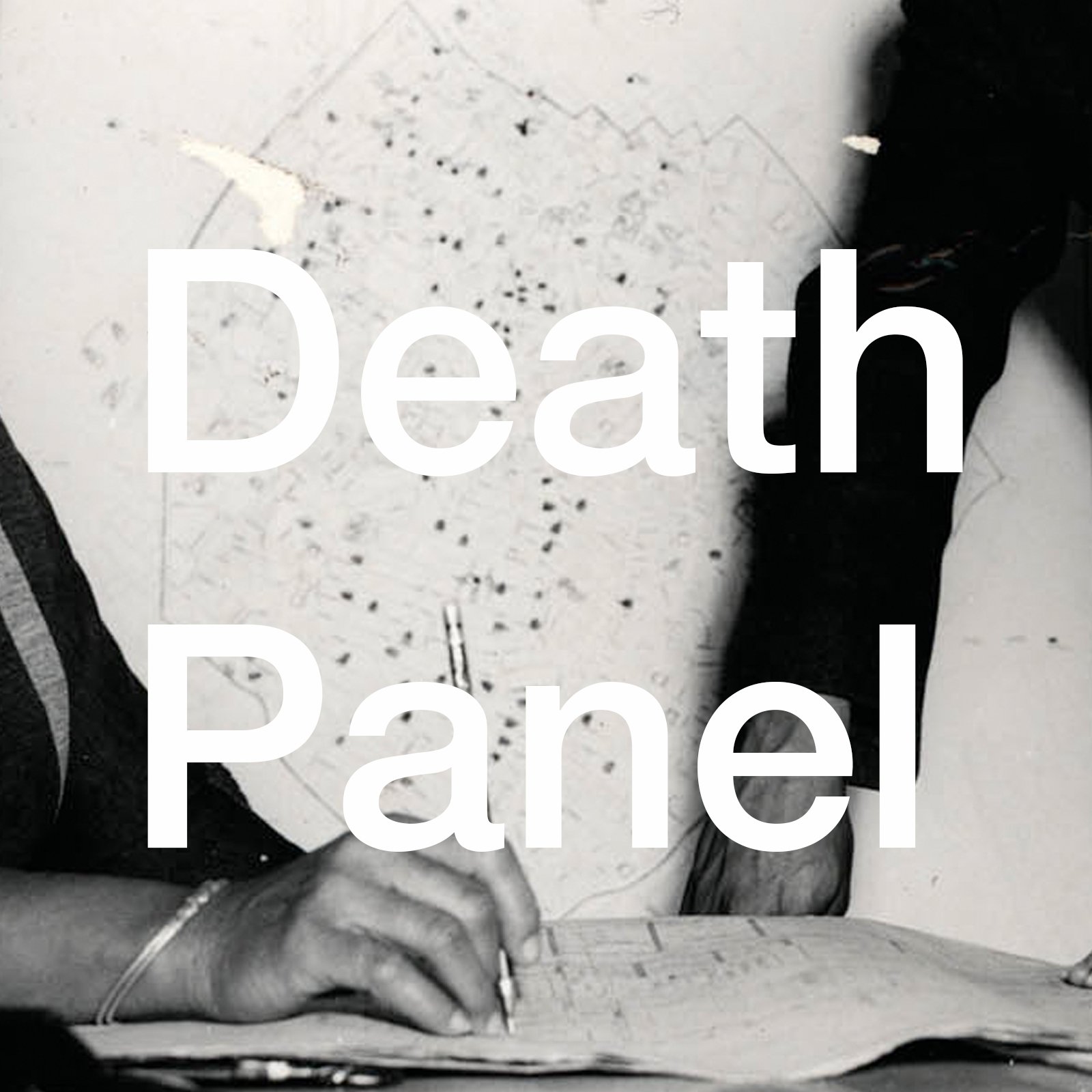
The Birth of the Nonprofit Industrial Complex w/ Claire Dunning (09/04/23)
Death Panel podcast hosts Beatrice Adler-Bolton, Phil Rocco and Jules Gill-Peterson speak with Claire Dunning about the complex history of how nonprofit organizations became so pervasive in US political life and the issues with how the non-profit system promises to address big, structural problems while at the same time structurally constraining what these groups are and aren't allowed to do.
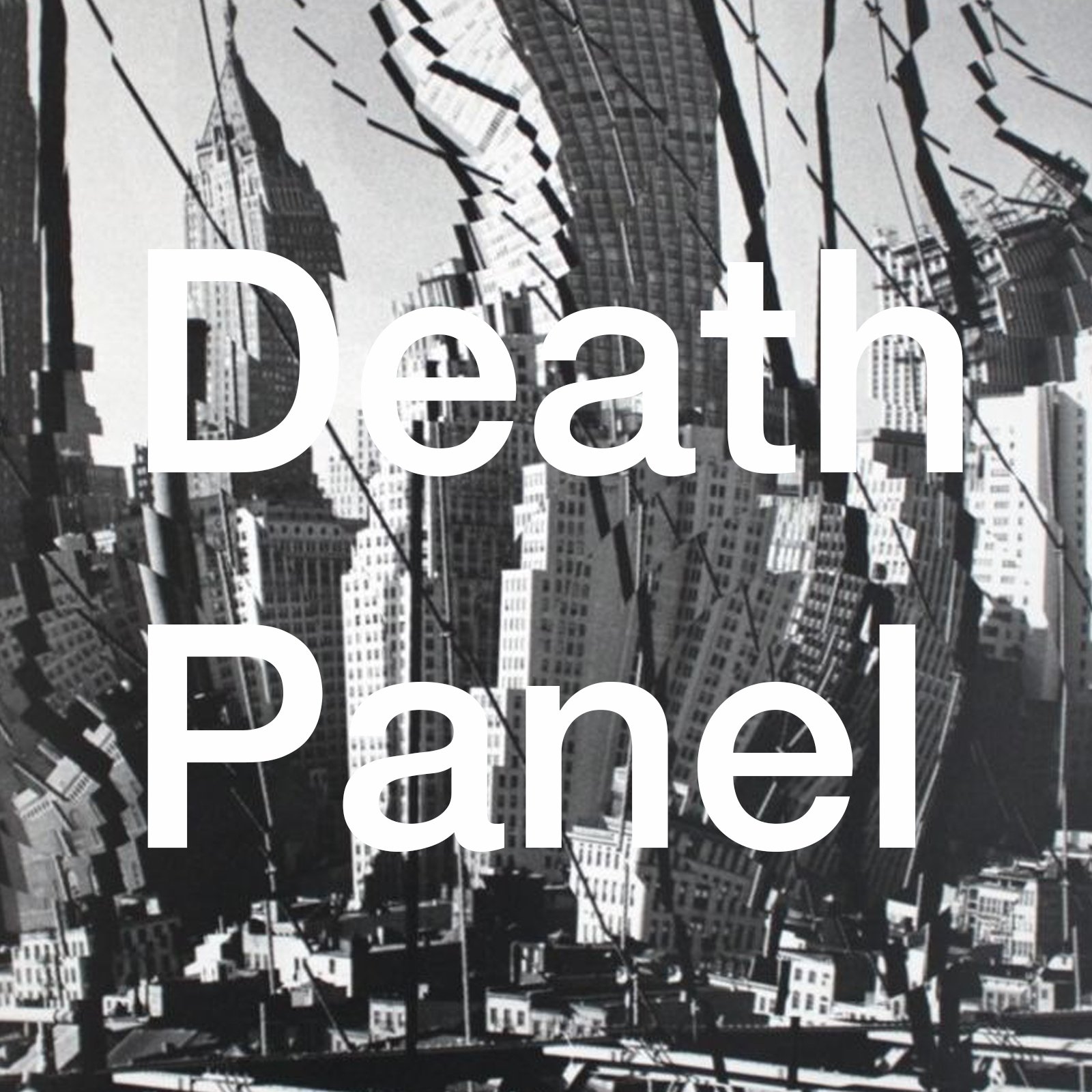
Collapse w/ Dean Spade (02/22/24)
Death Panel podcast host Beatrice Adler-Bolton speaks with Dean Spade about how we respond to crises, from climate collapse to covid, and how the state’s primary response to these crises is to try to narrow the possibilities for political action around them.
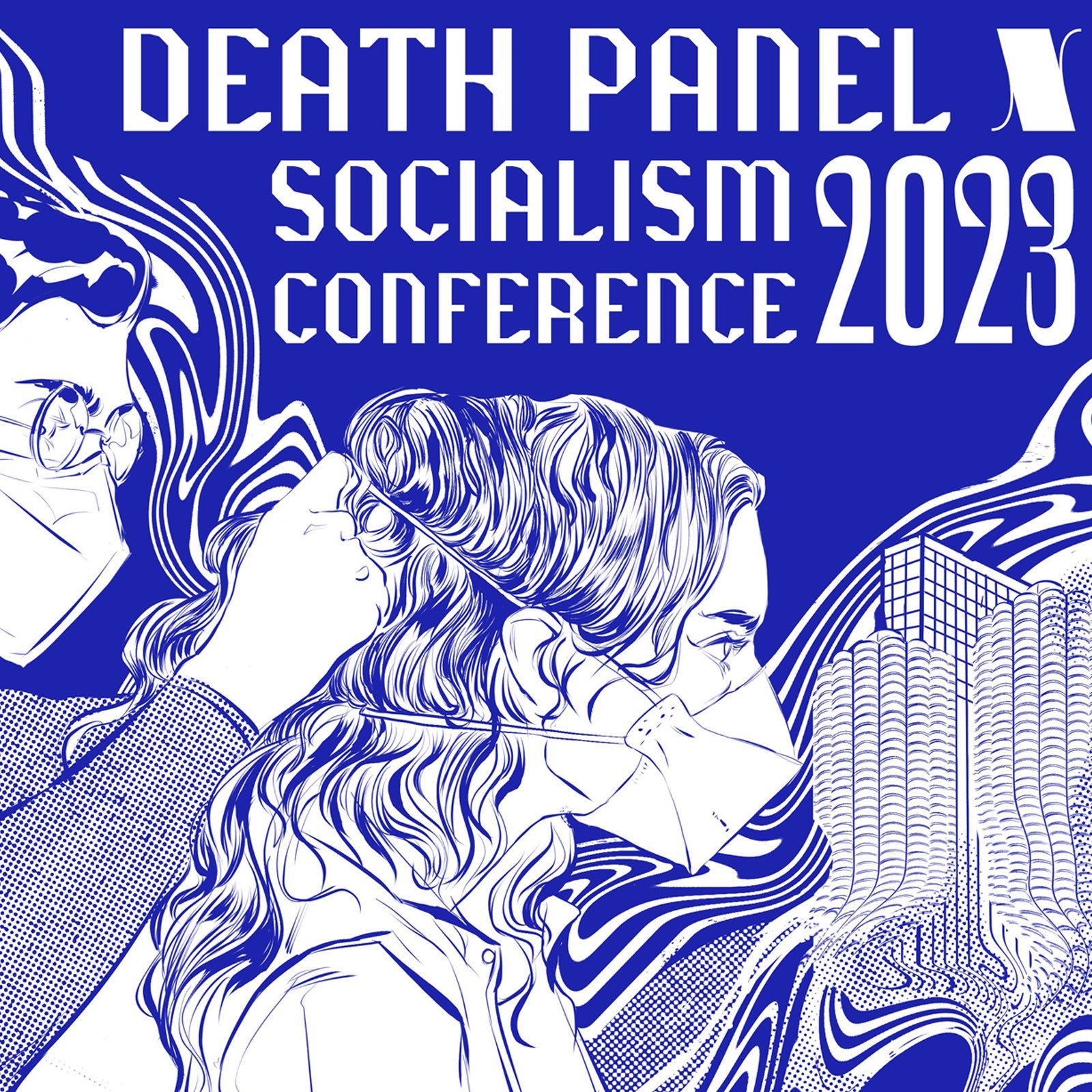
DP x S23: Health and Capital (Session 1)
Death Panel podcast collaborated with the organizers of the Socialism Conference to put together five sessions at this year’s conference on the political economy of health and disability. In this session, "Health and Capital (Intro)," Death Panel podcast co-hosts, Beatrice Adler-Bolton and Artie Vierkant, discuss some ways to think about the intersection of healthcare, disability, and left politics, and introduce each of the rest of the sessions.

DP x S23: How Capitalism Kills: Social Murder and Covid-19 (Session 2)
Death Panel podcast collaborated with the organizers of the Socialism Conference to put together five sessions at this year’s conference on the political economy of health and disability. In this session, "How Capitalism Kills: Social Murder and Covid-19," Death Panel podcast co-hosts, Artie Vierkant and Abby Cartus, are joined by friend of the panel and historian, Nate Holdren, to discuss Friedrich Engels’ concept of “social murder,” the structural forces within capitalism that abandon populations to injury, debility, and premature death, and how social murder is a key component of capitalism, not merely a side effect.

DP x S23: Resisting Carceral Sanism (Session 3)
Death Panel podcast collaborated with the organizers of the Socialism Conference to put together five sessions at this year’s conference on the political economy of health and disability. In this session, "Resisting Carceral Sanism" Death Panel podcast co-host, Beatrice Adler-Bolton, is joined by criminologist, author and disability theorist, Liat Ben-Moshe, and mad advocate, author and activist, Leah Harris, discuss the increasing wave of policies and legislation—from Eric Adams’ stance on involuntary hospitalization to Gavin Newsom’s Care Courts—that seek to criminalize madness and people with intellectual and developmental disabilities. They also discuss why it is so critical for the left to work against these policies, and how to understand the politics of what Ben-Moshe has termed “carceral sanism.”

DP x S23: Decolonial Disability Politics and the Left (Session 4)
Death Panel podcast collaborated with the organizers of the Socialism Conference to put together five sessions at this year’s conference on the political economy of health and disability. In this session, "Decolonial Disability Politics and the Left" Death Panel podcast co-hosts, Beatrice Adler-Bolton and Jules Gill-Peterson, are joined by theorist, Jasbir Puar, and Shira Hassan, who has spent decades building, documenting and participating in systems of change and support outside of the societal frameworks of oppression and exploitation. This session explores the links between disability, debility, and empire: how neoliberal framings of disability structurally exclude people disabled by ongoing colonialism and global/national/local schemes of extraction, and how to expand our conceptions of debility, disability, and capacity to include populations that don’t fit within tidy frameworks of pride and respectability.

DP x S23: The State, Austerity, and the Politics of Healthcare (Session 5)
Death Panel podcast collaborated with the organizers of the Socialism Conference to put together five sessions at this year’s conference on the political economy of health and disability. In this session, "The State, Austerity, and the Politics of Healthcare" Death Panel podcast co-host, Phil Rocco is joined by historians Gabriel Winant and Salonee Bhaman to discuss how fiscal decentralization has become an underappreciated force driving the healthcare politics of the United States, and what it can tell us about where we are now. The healthcare struggles of the last century have been profoundly shaped by the structures of US federalism: what resources are allocated to states, and what artificial constraints are imposed on them that produce policy in the mold of austerity?
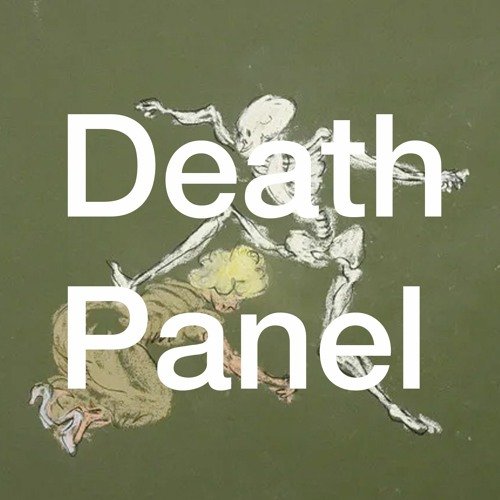
Social Determinants of Health (Unlocked)
The Panel, Beatrice Adler-Bolton, Artie Vierkant, Phil Rocco and Abby Cartus, discuss the meaning and history of "the social determinants of health"—all of the social and political factors that impact individual and population health beyond what healthcare traditionally focuses on—and what becomes possible when we recognize that health is political. This episode was originally a patron exclusive.

Organized Abandonment w/ Ruth Wilson Gilmore (10/06/22)
Beatrice Adler-Bolton speaks with Ruth Wilson Gilmore about how to understand the concept of "the state," the capitalist state's capacity of organized abandonment, and the extraction of time.

Abolition and the Pandemic w/ Dan Berger
Dan Berger joins the Panel, Beatrice Adler-Bolton, Artie Vierkant and Phil Rocco, for a detailed overview of how the pandemic has demonstrated the need for carceral abolition, how little has been done in the last two years to protect incarcerated people, and why prisons and policing are antithetical to public health.
